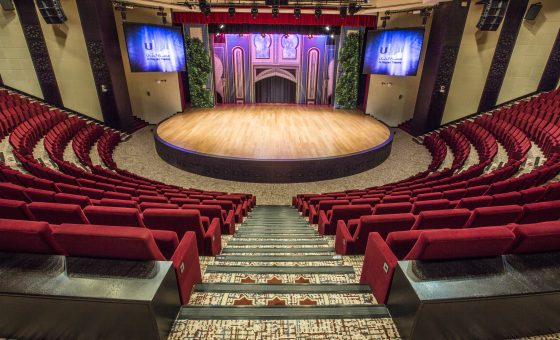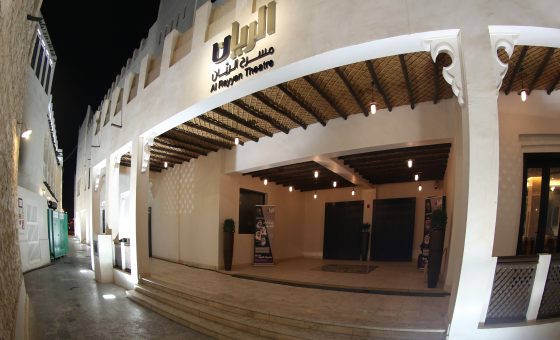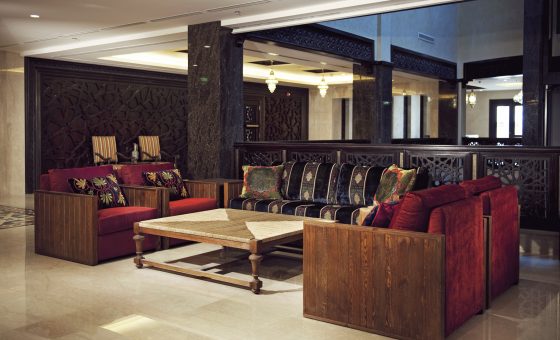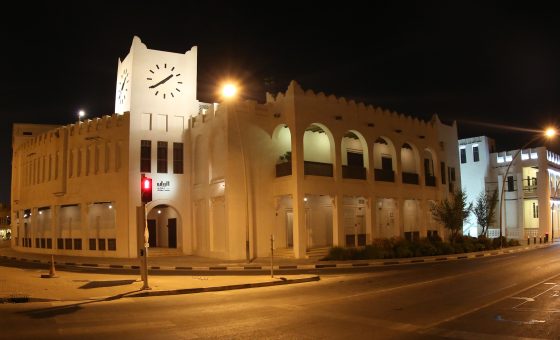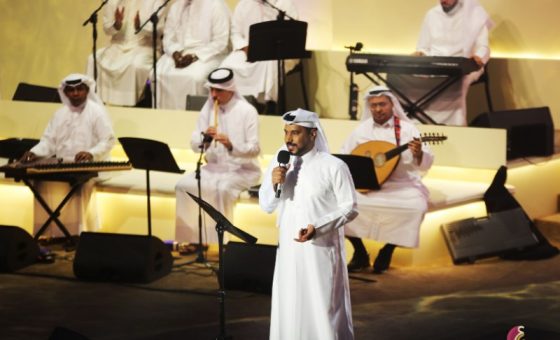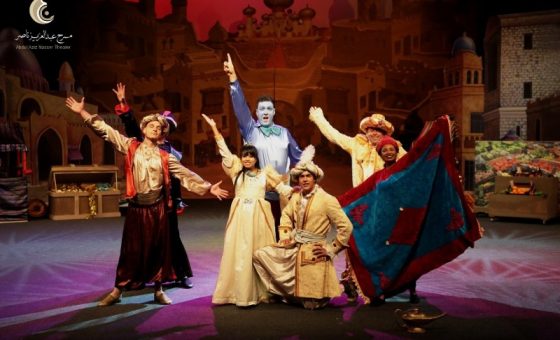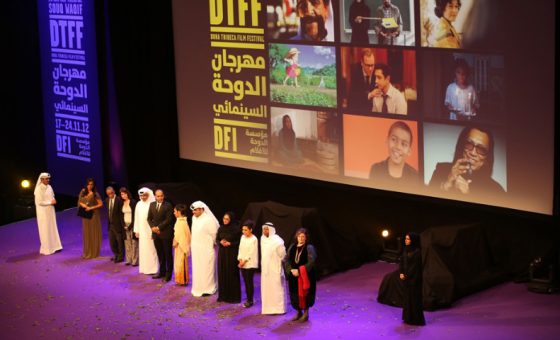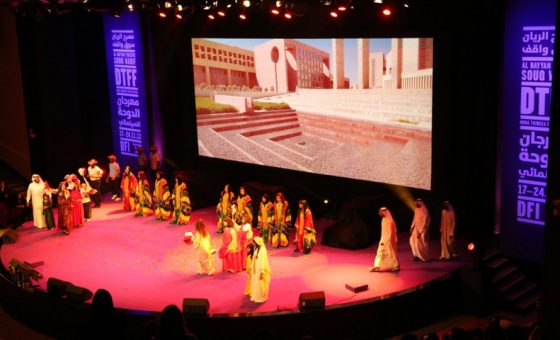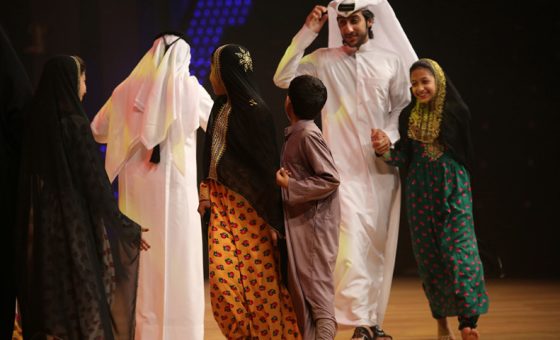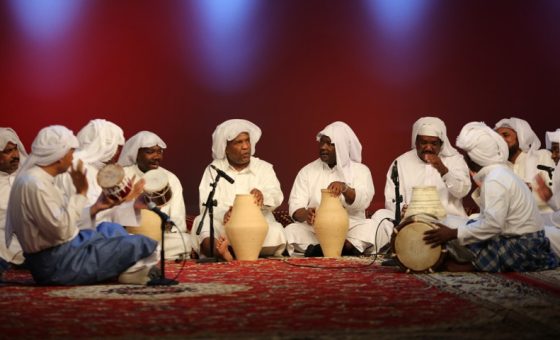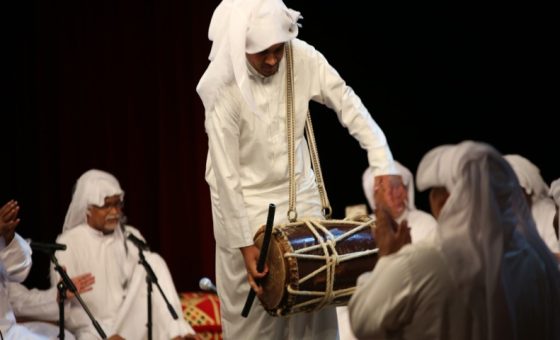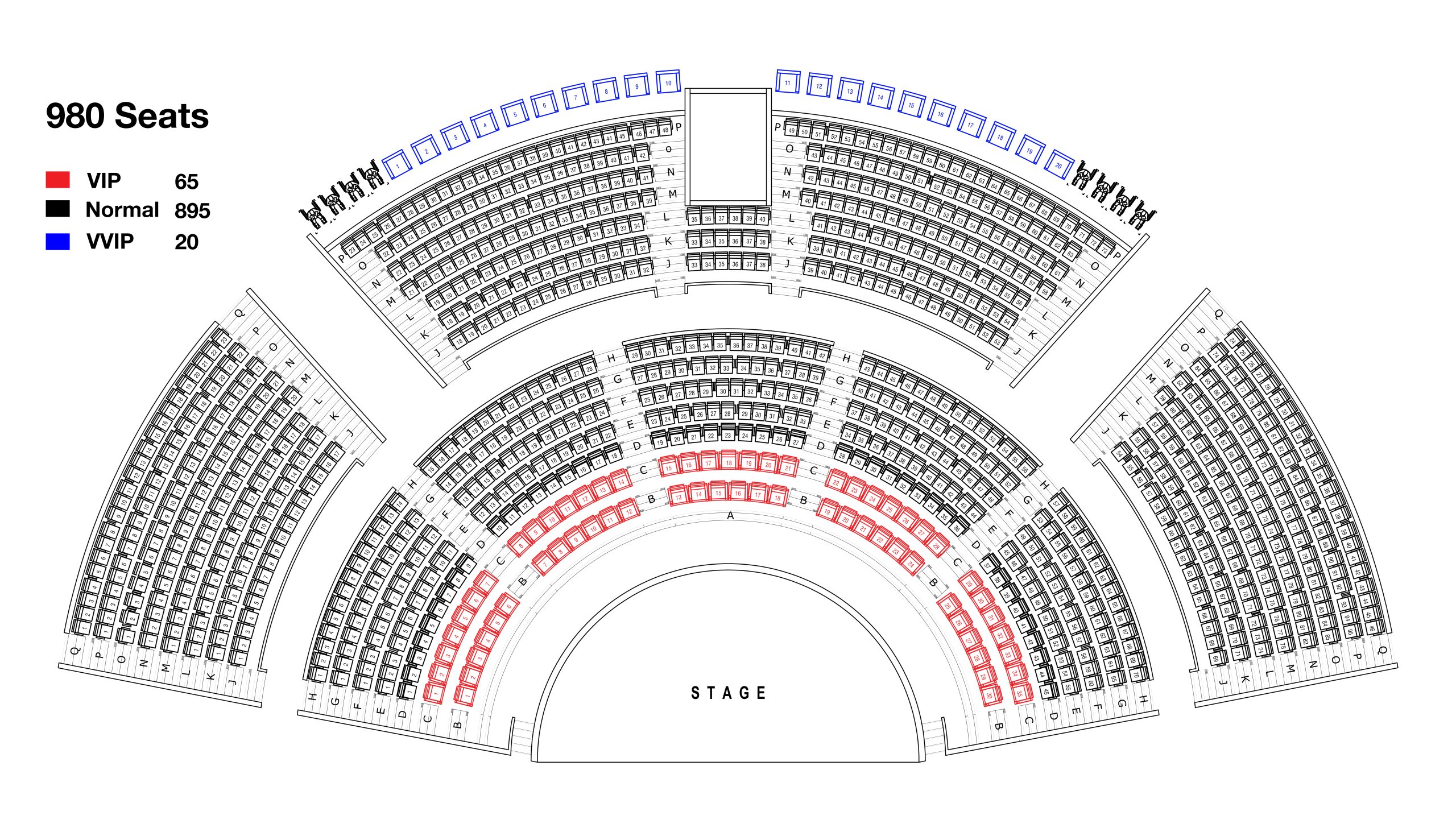Who we are
Visions & Missions

Disseminating the culture of music and theatre via producing and performing performances of high artistic and intellectual level
Encouraging the national creation movement observed in Qatar National plan 2030 through discovering the national talents in fields of theatre and music and preparing them to be able to participate in the cultural and creative life.
Promoting the national cultural identity through rooting the heritage, supporting and bringing out different traditional forms of artistic expression and honoring the pioneers of this field.
Enriching the lives of citizens and residents through the organizing activities, lectures and seminars that support and settle the highest values in the society.
Sponsoring and guiding children-directed creative activities through directing their participation in some events and in ensembles with accordance to their age groups.
Building communication bridges with other different Arab or international cultures by hosting and presenting theatrical and musical performances from different countries around the world.
Leadership

Abdul Aziz Nasser Theatre consider as one of the largest theatre venues in Doha in terms of its spacious capacity (with 980 seats).
It is an indoors and fixed theater, and it could be an artistic and educational activity center continuously over ten months throughout the year.
It has a privileged location in the center of the city and in the heart of Souq Waqif.
Availability of advanced technology systems (lighting, sound and video systems), enable hosting and presenting most of the performances and events of different kinds.
Availability of administrative and technical team who are well qualified with high degree of efficiency.
Giving the investment opportunities for private events that can be organized by government or private agencies in addition to communities, embassies and diplomatic missions.
Qatar

Recent discoveries in Wadi Debay’an, a site located a few kilometers south of Zubarah, indicate human presence from 7,500 years ago. Amongst the findings were a wall built of stone, possibly used as a fish trap.[14] Discovery of a 6th millennium BC site at Shagra, in southeastern Qatar revealed the key role the sea (the Persian Gulf) played in the lives of Shagra’s inhabitants. Excavations at Al Khor in northeastern Qatar, Bir Zekrit and Ras Abaruk, and the discovery there of pottery, flint, flint-scraper tools, and painted ceramic vessels indicates Qatar’s connection with the Al-Ubaid civilisation, which flourished in the land between the Tigris and the Euphrates rivers in present-day Iraq during the period of 5th–4th millennium BC. It is thought that Mesopotamian fisherman working the rich fishing banks off the Arabian coast visited local settlements, bringing pottery with them and exchanging it for fresh meat in an improvised barter-based trade system.[15] The first potsherds of the Ubaid Mesopotamia were found by a Danish expedition in Al Da'asa in 1961, but not identified until later. A second expedition was held in 1973–74 led by Beatrice De Cardi.[16] Contact between the people of Mesopotamia and the eastern Arabian coast (including Qatar) continued over centuries.
In the early 3rd millennium, Sumerians settled on Tarut Island, off the Saudi coast, approximately 100 kilometers north-west of Qatar. Later, from 2450 to 1700 BC, Dilmun, a peaceful trading civilization, was centered in Bahrain.[17] Evidence that Qatar was part of the complex trading network was found.
Our Team

Iyad Marzouki
Ticketing & Reception In-Charge
Mohamed Ali Bejaoui
Visual Supervisor
Sabeur Barouni
Video Supervisor
Mehdi Medini
Lighting Supervisor
Seat Plan


